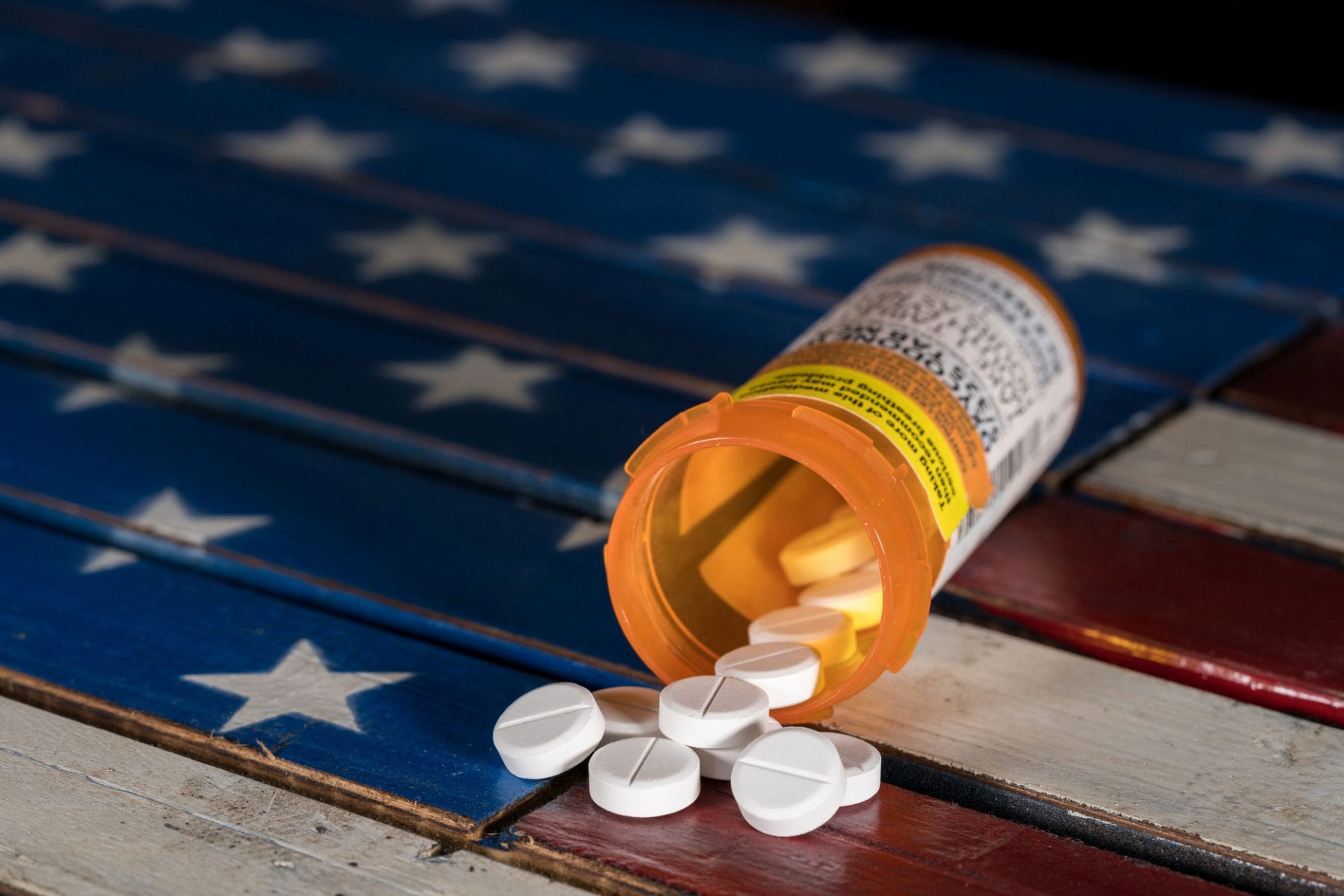<< Back
What FDA Approval of Powerful Opioid Dsuvia Means to Addiction Fight

November 06, 2018
Recent Food and Drug Administration approval of Dsuvia pain medication has stirred controversy in a nation enduring a relentless opioid crisis spurred in part by the physical dependence many people develop after seeking legal remedies for pain.
As politicians and caregivers in the nation’s healthcare system struggle to find a solution for the rash of opioid-related overdoses and deaths, some opposed the introduction of Dsuvia while others — including the author of this New York Times opinion column — maintain the answer is not to cut off the supply of opioid pain medication to all people.
Dr. J. Craig Allen, director of Rushford, suggests developing an organized and thoughtful response to the epidemic that acknowledges the role of opioids in alleviating pain. The fast-acting Dsuvia, in fact, was developed as a priority product for the Department of Defense to treat soldiers on the battlefield and the FDA issued restrictions on its distribution.
“There are big problems with the knee-jerk discontinuation of opioid analgesics,” he says. “People go into withdrawal and then may seek relief from illicit prescriptions or other opioids. Tapering a patient who is actually benefitting from them is poor clinical practice and can potentially be malpractice because as the pain is decreased, function increases and the person’s quality of life improves.”
Connecticut statistics are alarming. From 2012 to 2016, opioid-related overdose deaths quadrupled in the state to double the national average. In 2017 alone, more than 1,000 Connecticut residents died of an opioid overdose. Of them, 230 were treated at a Hartford HealthCare program within 90 days of their death.
“In the first four months of 2018, there were 3,090 emergency room visits in Connecticut for suspected overdoses,” Dr. Allen continues.
But he says there are more pragmatic ways to staunch the addiction rates and loss of life.
They include:
- Alerting physicians when one of their patients has died from an opioid overdose.
- Limiting prescriptions for post-surgery patients to three days of pills.
- Encouraging other forms of pain relief such as exercise or yoga.
Dr. Allen also sees opportunity to better identify, engage and treat those with substance use disorders (SUD) like opioid dependence in the emergency room and recently presented opportunities to Hartford HealthCare emergency medicine physicians.
They include:
- Improving and standardizing the way patients needing help for substance use disorders are identified in the emergency room. For example, clinicians can ask pointed questions about alcohol and drug use to quickly identify individuals needing SUD-related help.
- Increasing referrals to community treatment.
- Increase use of medication assisted treatment (MAT) like Hartford HealthCare’s MATCH program as the first line treatment. Research indicates that MAT reduces opioid use, protects against opioid-related overdoses, prevents injection behaviors and reduces criminal behavior.
- Generating a level of empathy among emergency room physicians for patients with substance use disorders.
“When we created the multidisciplinary Opioid Council in 2016, the goal was to take a dual approach to the opioid crisis that combines evidence-based medicine with patient-centered care,” Dr. Allen notes.
To learn more about what Hartford HealthCare is doing to help people with substance use disorders, visit Hartford HealthCare’s MATCH.